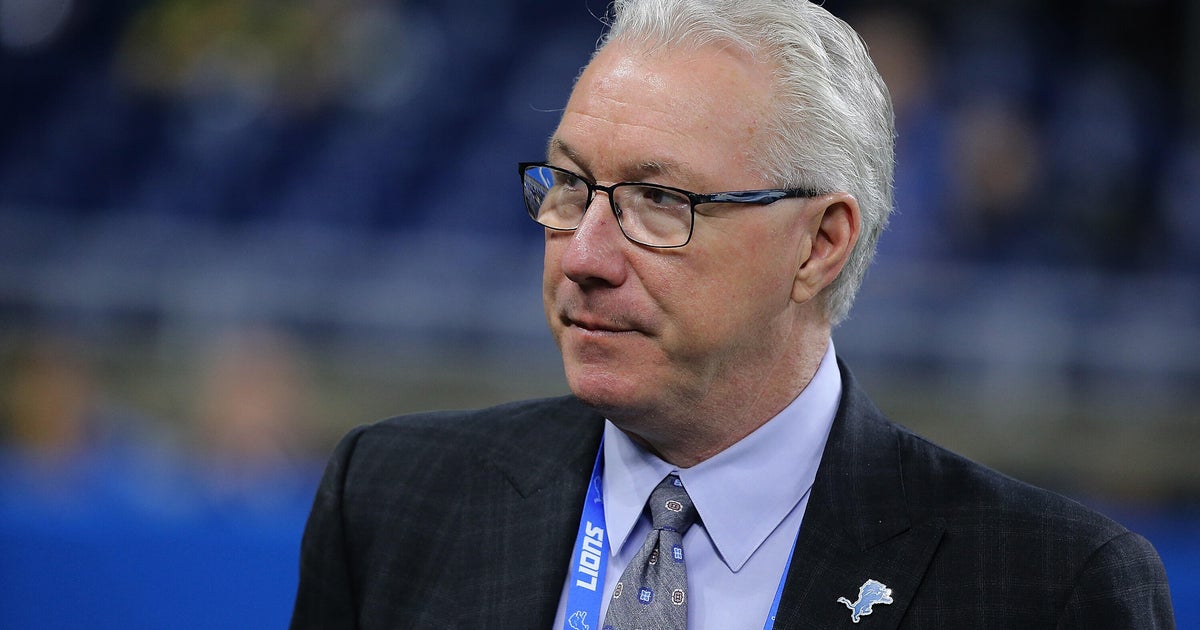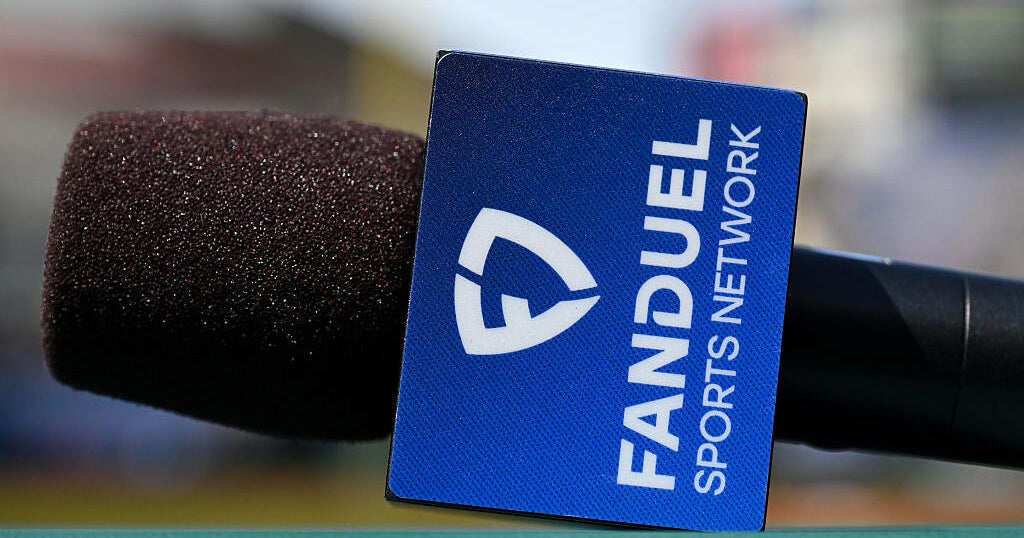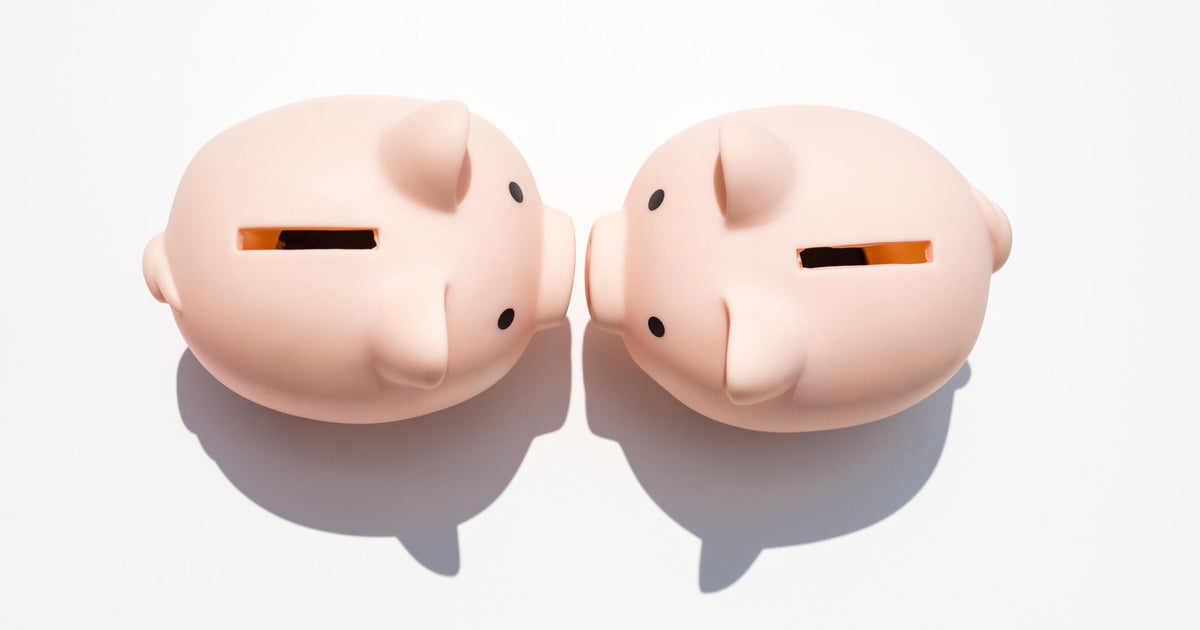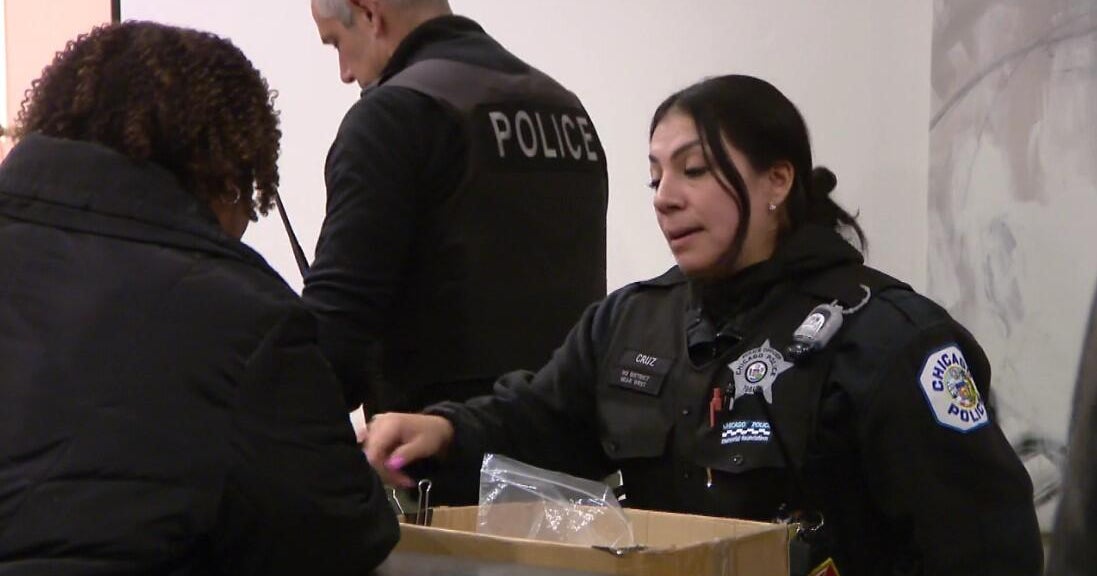Players Advised To Keep Money Trouble Talk Down
With a vital meeting taking place soon between the owners and players, the NBA's labor situation is about to get tense. Not just tense in terms of actual negotiating. It's already there and has been there for months.
But in terms of public relations, that battle's just about to get started. Nobody looks good in a lockout to fans, media and casual onlookers. It's billonaires and millionaires arguing over who gets what. We don't care. We just want the game to be played. But keeping the public on your side is pretty critical because if you have them, it puts a lot more pressure on the other side. A valuable negotiating tool.
And the players union is looking to stay on top of this. Kind of remarkable really that nothing has come out to make the players look all that bad, especially when you consider all the Twitter accounts littered throughout the league. At least one slip-up surely will happen, right?
"It was a huge emphasis," Derek Fisher told the New York Times. "The reality is, we're in a great position, where guys have worked to put themselves in this place where they can potentially earn millions of dollars."
One thing the players' union has done, via the New York Times, is distribute a handy lockout handbook. Included in that: Don't go around telling people how poor you are now.
At Fisher's direction, the union last fall distributed a 56-page lockout handbook to its 400-plus players. Tucked between tabs on "budgeting" and "player services" is a section devoted to "media," with talking points on everything from the N.B.A.'s financial losses ("vastly overstated") to franchise values ("Warriors just sold for $450M").
But the key point, perhaps, is this simple reminder: "Please be sensitive about interviews or other media displays of a luxurious lifestyle."
As the Times' story mentions, back during the 1998 lockout, this was kind of an issue.
On the first day of that lockout, the union president Patrick Ewing declared that players were "fighting for our rights" — a modest overstatement that invited ridicule and presaged the public-relations nightmare to come.
In October, Kenny Anderson, a star guard with a $49 million contract, laid out his finances for The New York Times. Among his expenses: $75,000 for insurance and maintenance on his eight cars. Anderson joked that he might have to sell one.
"You know, just get rid of the Mercedes," he said.
The low point for players came two months later, when agents organized a charity game, with some of the proceeds earmarked for out-of-work players. As Ewing explained then, professional athletes "make a lot of money, but they also spend a lot of money."
Whatever sympathy the players might have enjoyed surely vanished with those 13 words. The statement stands among the biggest gaffes in sports labor history.
We all know how much players make. It's right there on the Internet in about 20 different places if you want to see how much Samuel Dalembert made last year. And even players on the low end -- guys with the veteran minimum -- still probably make a lot more money than you and I. It's a fortunate life and because of it, can afford to spend a lot of it on cars, houses, boats, parties and whatever else.
But Fisher and the union and taking a smart step because they know that we don't care. We don't care if a player had to get a 2011 Maybach instead of a 2012. We don't care if he had to buy a cheaper bottle of champagne at dinner. We don't care if instead of vacationing in Rome, he had to go to Mexico. When real people are out of real jobs trying to feed families, it's kind of hard to have any sympathy for a millionaire that's trying to "rough" it right now.
Not to say some players have already went into that territory. Dwyane Wade joked on Twitter "Any1 hiring" the day after the lockout started. George Hill pondered if he could file for unemployment. As the Times mentions, Landry Fields joked about going "dutch" with his date during dinner and Anthony Tolliver tweeted about shopping wisely at the mall. Delonte West on the other hand, appears to actually be applying for jobs.
And it's no secret why players are signing up to play overseas: money. They want to maintain that bank account. That's how the owners are trying to hurt them by altering their otherwise lavish lifestyles.
Joking on Twitter about being unemployed is almost crossing a boundary. Hill's tweet about filing for unemployment definitely irked some people. But it's not quite the issue the players had in 1998. Just think if there was Twitter then. Would've taken a whole lot more than a handbook.
Here's a pro tip though: You want to win this PR battle? Come to an agreement and play ball. We'll definitely be on your side then.







